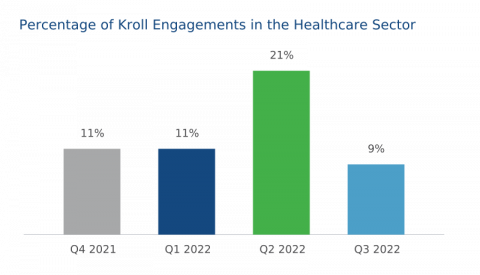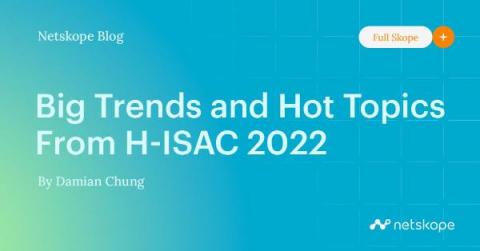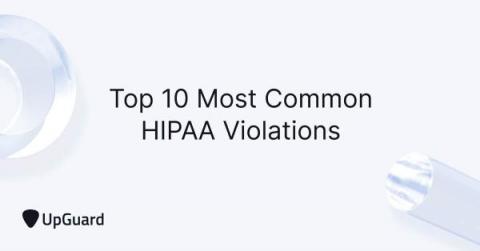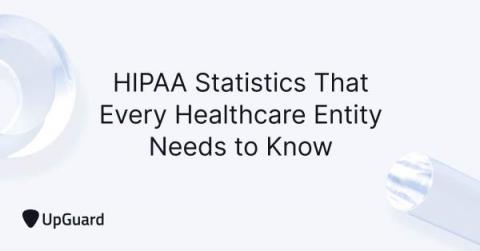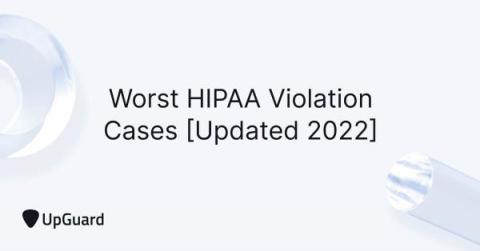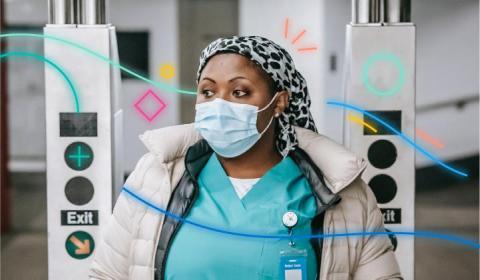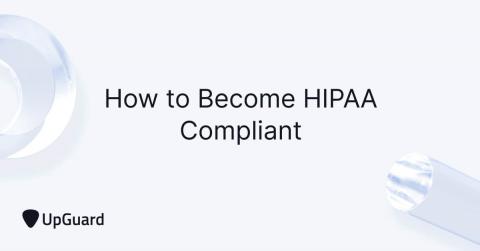LockBit ransomware gang says sorry, gives free decryptor to SickKids hospital
Do ransomware gangs actually have a heart? Perhaps... Just days before Christmas, on the night of Sunday 18 December 2022, Canada's Hospital for Sick Children (better known as SickKids) was hit by a ransomware attack. The Toronto-based teaching and research hospital reported that the attack had impacted its internal systems, phone lines, and website.



